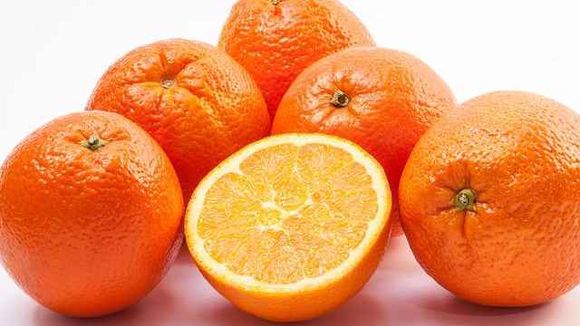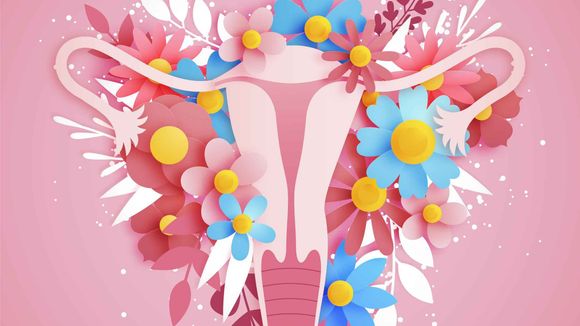What is polycystic ovary syndrome (PCOS)
Polycystic ovary syndrome ( PCOS) is a hormonal imbalance in which the ovaries (the organs that produce and release eggs) are affected, creating an excess of male hormones. If you have PCOS, your ovaries produce abnormally high levels of hormones called androgens. This leads to an imbalance of reproductive hormones and disrupts the entire hormonal background in the body, leading to other health problems and disorders.
As a result, women with polycystic ovary syndrome often have an irregular menstrual cycle, miss monthly menstruation or have unpredictable ovulation. Small cysts can develop on the ovaries (fluid-filled bags) due to lack of ovulation (anovulation). However, although the name of the condition is 'achievable', you do not necessarily have cysts on your ovaries to develop PCOS. The condition can develop without them.
Some of the most important facts regarding polycystic ovary syndrome (PCOS) that you need to know are:
- Many women suffer from polycystic ovary syndrome without being aware of it. A study shows that up to 70% of women suffering from this disease are not diagnosed. [ [ref. 1] ]
- A woman can develop PCOS at any time after puberty. Most women are diagnosed in their 20s or 30s when trying to get pregnant. Research shows that polycystic ovary syndrome is transmitted by inheritance. [ [ref. 2]
- You may have a higher chance of developing PCOS if you are overweight or obese, or if other people in your family have PCOS. [ [ref. 3] ]
- Rotterdam criteria have been established, according to which "Polycystic ovary syndrome (PCOS) is determined by the presence of two out of three of the following criteria: oligoanovulation, hyperandrogenism and polycystic ovaries (≥ 12 follicles with a diameter of 2-9 mm and/or ovarian volume 10 ml in at least one ovary)." [ [ref. 4] ] together with ultrasound examination and other diagnostic methods, they can facilitate better and early diagnosis of PCOS, reducing health risks.
- About 70% of women with polycystic ovary syndrome have insulin resistance, which means that their cells cannot use insulin properly. [ [ref. 5] ] Insulin is a hormone produced by the pancreas. It helps the body use sugar from food to generate energy. When cells do not consume insulin properly, the body's need for it increases. The pancreas produces more insulin to compensate for this. Excess insulin causes the ovaries to produce more androgens (male hormones).
The most popular symptoms of polycystic ovary syndrome (PCOS)
Some women face symptoms around their first cycle. Others found they had ovarian cancer after gaining a lot of extra weight or having difficulty conceiving. Imbalance in the menstrual cycle can also be a signal that a woman suffers from PCOS.
The most common symptoms of this disease are:
- Irregular menstruation. The absence of ovulation interferes with the monthly discharge of the surface layer of the uterine mucosa (endometrium). Some women with polycystic have less than eight menstruations per year, and there are cases in which the menstrual cycle is completely absent. [ [ref. 6] ]
- Severe bleeding. The endometrium becomes more massive, therefore the menstruations are heavier than usual.
- More than 70% of women with this disease have facial hair appearing at unusual areas of the body - back, abdomen, breasts. Excessive body hair in these areas is called hirsutism. [ [ref. 7] ]
- Acne. Male hormones (androgens) can make the skin oilier than usual and cause skin imperfections in areas such as the face, chest and upper back.
- Weight gain. Up to 80 percent of women with PCOS are overweight or obese, as cited by the American College of Obstetricians and Gynecologists. [ [ref. 8] ]
- Male pattern baldness. Hair on the scalp becomes thinner and can fall out more.
- Darkening of the skin. Dark spots on the skin can form in folds on the body, such as those of the neck, in the groin and under the chest.
- Headache. Hormonal changes can cause headaches in some women.
- Low-grade inflammation: Women with PCOS tend to have chronic low-legrade inflammation. The healthcare professional you are targeting can perform blood tests that measure levels of C-reactive protein (CRP) and white blood cells to check for such inflammation in the body.
Herbal treatments for polycystic ovary syndrome (PCOS)
According to a study conducted by Iranian and German scientists, published on June 3, 2019 [ [ref. 9] ], supplements from herbal mixtures, in combination with clomiphene citrate (CC), have a beneficial effect on serum antioxidant levels, as well as on glycaemic biomarkers in polycystic ovary syndrome, causing infertility, regulation of menstruation and successful conception.
The herbs studied are:
- Mint (Mentha spicata) [ [ref. 10] ]
- Ginger (Zingiber officinale) [ [ref. 11] ]
- Ceylon cinnamon (Cinnamomum zeylanicum) [ [ref. 12] ]
- Sweet orange (Citrus sinensis) [ [ref. 13]
Next, we will take a brief overview of the main health-friendly properties of each of these herbs.
Beneficial properties of herbs in PCOS and other health conditions
Mint (Mentha spicata)
Mentha spicata (mint) of the Lamiaceae family, a widespread plant in the temperate belt has anti-inflammatory, antidiabetic and anticancer effect [ [ref. 14] . Some studies confirm that mint contains various volatile compounds such as p-cimen, isopiperitone, mentone and β-linalool and various phenolic phytocompositions, which are not only considered an antioxidant source, but also reduce glucose levels and oxidative stress.
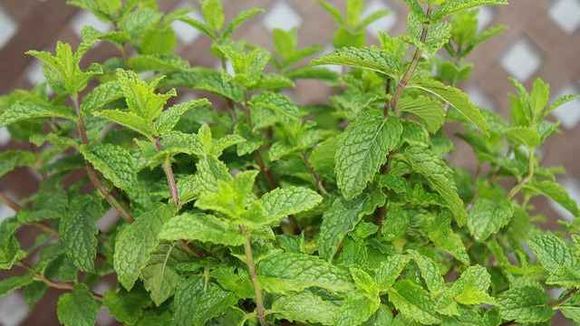
Ginger (Zingiber officinale)
The main components of Zingiber officinale Roscoe - a representative of the Zingiberaceae family, are zingiberene, campen and p-cinaol, which show antioxidant, anticancer, anti-clotting and anti-inflammatory properties. In addition, ginger significantly reduces serum fasting blood sugar levels and insulin levels, contributes to blood pressure control and supports intestinal health. In vitro and in vivo studies confirm that ginger increases levels of SOD (superoxide dismutase), CAT (catalase) and GPX (glutathione peroxidase), as well as increases the antioxidant capacity in the blood. [ [ref. 15] ]
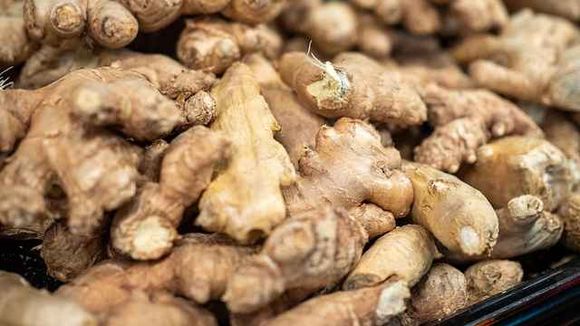
Ceylon cinnamon (Cinnamomum zeylanicum)
Cinnamomum zeylanicum nees (Cinnamon) from the Lauraceae family is known for its antioxidant and anti-inflammatory properties [ [ref. 16] ]. Cinnamon extract can be used as an antioxidant due to its phenolic content, especially cynamaldehyde, which improves the level of superoxide dismutase, catalase and glutathione peroxidase, and reduces the concentration of MDA (malonal dialdehyde), as well as increases the possibility of becoming pregnant. In addition, it significantly reduces insulin and blood sugar, which is obviously key in women with polycystic ovary syndrome.
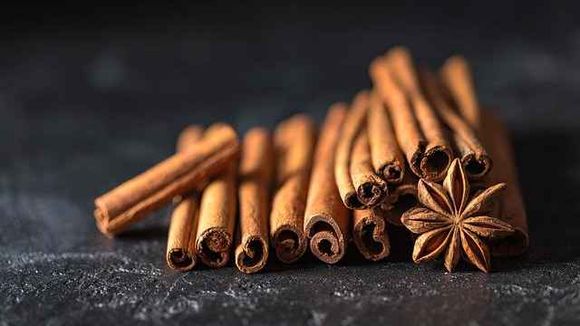
Sweet Orange (Citrus sinensis)
Citrus Sinensis (L.) Osbeck of the Rutaceae family contains mainly hesperidine, polymetoxylated flavonoids and terpenoids ( citric and linalool). These phenolic bioactive compounds show significant cytoprotective effects (protecting cells) against oxidative stress created by free radicals. In addition, hesperidine in C. sinensis increases levels of antioxidants, including superoxide dismutase and catalase, and reduces the level of malonal dialdehyde.
